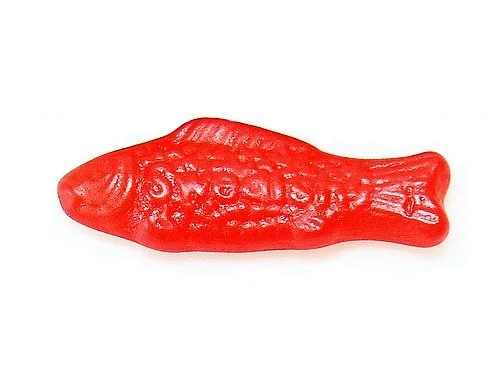Although I am a person deeply involved in helping businesses figure out who they are, how they differ from their competitors and why anyone should care, I have recently developed an antipathy for calling that business activity "brand work" or "branding." Just in the last few weeks, I have begun to associate "brand" and all the swish and swash books about it with an era just gone by--an era in which free-market economics ruled and "lipstick on a pig" was the grin of the day around the marketing meeting table. Since the Obama election, the word "brand" just somehow has an aroma of obfuscation, of finding ways to sell people things that are bad for them, of lying to the customer. I don't know why. It just feels that way to me.
This is not to say that the business activity of figuring out who you are, how you differ from your competitors, or why anyone should care has suddenly gone by the board. Just the opposite. The Obama campaign is a stellar example of branding gone right. But still, the word rankles. We need another word for what we do. Branding must die.
With age and patina, one learns to notice when one is thinking, "I hate that man wearing kelly green Converse high tops, it is embarrassing that one so old would wear something so ridiculous and for this reason I want him dead." Deeply one knows that those Converse hightops stand for the ridiculity and embarrassment at Self that resides deeply in one's own character. And so when I say Brand Must Die, I recognize my part in the craze for brand that may well characterize this decade.
Why do I suddenly hate identifying myself with the word "branding?" Why do I suddenly dislike identifying my work with a word that summons up slapping a red-hot, scorching piece of iron onto the outer flank of a steer? It seemed just fine a few months ago.
Perhaps because I believe that real design and identity and real stories and visuals come from inside a project and find representation in the way that leaves grow from a tree. Perhaps because I had let myself forget that design that works any other way is manipulative propaganda.
I was perfectly happy with "brand" when designers first started adopting the word a few years ago. It seemed like the perfect solution. We weren't designing on paper anymore. We were designing in electrons. We were designing the look and feel of a product, not just the packaging. We were helping people tell stories. We were making the company transparent. We were doing a lot of thinking, grabbing that seat at the table that Moira Cullen and so many others so wisely suggested we grab. It seemed a powerful word. Marketers understood it. And since marketers understood it, and really had never understood a thing about design before, we were able to make relationships with marketing departments that we had never made before. We could get our projects printed, sites put up, be listened to-- and these were all good things. And yet they came with a price tag.
Our love-affair with brand-power has led to a sort of striation of designers. The big guys hang out with CEOs and talk about "branding from the inside out," to attendees at TED. The others labor under the shadow of the almighty Brand. For most working designers, brand manuals are a form of torture. They come from a marketing group way up the food chain. Minor manipulation is all that is left to she who has spent many years of her life learning to actually design things. In our quest for more power as designers, brand has come to control many more than it has freed.
If you are a working designer, say-- three years out of school-- when was the last time you got to rebrand, to brand, to design from the inside out? Much talk about the power of design when it is related to brand. But is this perceived new designer-power any different than the relationship of William Golden to Bill Paley?
Top designers have always had the ear of CEOs. But designers lower on the totem pole have never had more restriction than they have today.
When we hitched our wagon to the star of brand, we forgot one tiny thing. Brand exists in the galaxy of business first and business last. It does not exist outside that galaxy. Design in the service of brand does not glow in a universe that values the real needs of real people, does not consider the average person's need for everyday beauty, does not feel the need to tell the truth. Brand lives in relation to the bottom line. Design doesn't. Born in an era of idealism, design has larger values. And that's why we must find another word for what we do.

